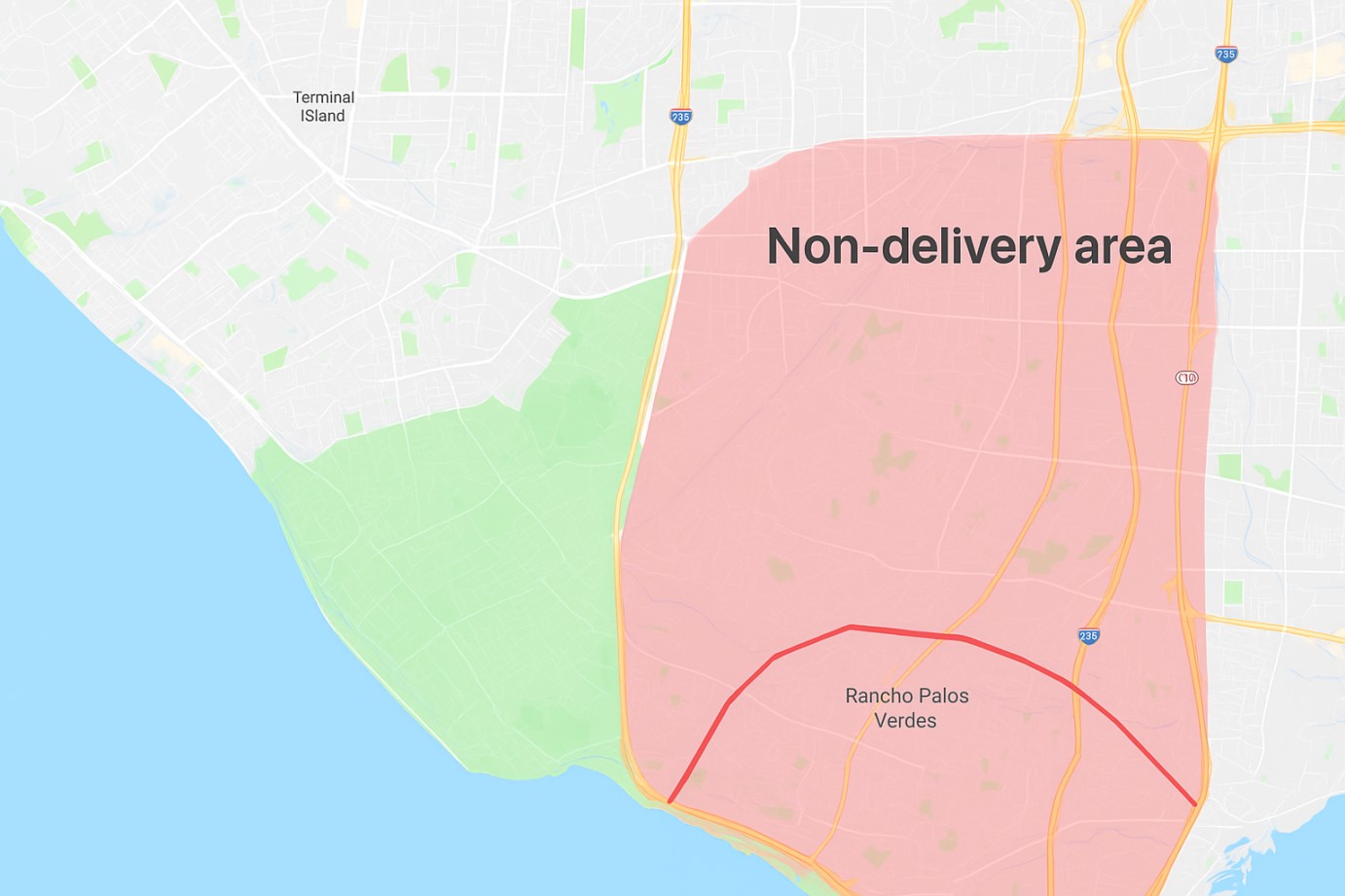This website uses cookies so that we can provide you with the best user experience possible. Cookie information is stored in your browser and performs functions such as recognising you when you return to our website and helping our team to understand which sections of the website you find most interesting and useful.
Welcome to the world of WordPress hooks, where we can tweak functionalities like a pro! Today, I’m excited to share insights about the pub_priv_sql_capability filter. It’s a neat tool to filter the capability to read private posts for a custom post type when generating SQL for getting posts by author. Sounds cool, right?
To use the pub_priv_sql_capability filter, you first need to register it using add_filter. This can be done in the functions.php file of your active theme or in a custom WordPress Plugin. At WePlugins, we prefer creating a custom plugin to ensure nothing breaks when you update your theme. Let’s dive into some live examples!
Example 1: Basic Hook Usage
Here’s a simple example of how you can use this hook to modify the capability string according to your needs.
function weplugins_modify_pub_priv_sql_capability($cap) {
// Update the $cap variable according to your website requirements.
return $cap;
}
// add the filter
add_filter("pub_priv_sql_capability", "weplugins_modify_pub_priv_sql_capability", 10, 1);
Example 2: Conditional Capability Modification
In this example, we conditionally modify the capability based on certain criteria. This is useful for complex scenarios where different user roles need different access levels.
function weplugins_modify_pub_priv_sql_capability($cap) {
if (current_user_can('administrator')) {
$cap = 'read_private_posts';
}
return $cap;
}
// add the filter
add_filter("pub_priv_sql_capability", "weplugins_modify_pub_priv_sql_capability", 10, 1);
Example 3: Removing the Hook
Sometimes, you need to remove a registered hook. Here’s how you can do that with remove_filter.
// remove the filter
remove_filter("pub_priv_sql_capability", "weplugins_modify_pub_priv_sql_capability", 10, 1);
Make sure to provide the same callback function name, priority, and number of arguments when removing the hook.
If you need any customization or run into issues, don’t hesitate to Contact Us. We’re here to help!
Explore the latest in WordPress
Trying to stay on top of it all? Get the best tools, resources and inspiration sent to your inbox every Wednesday.




